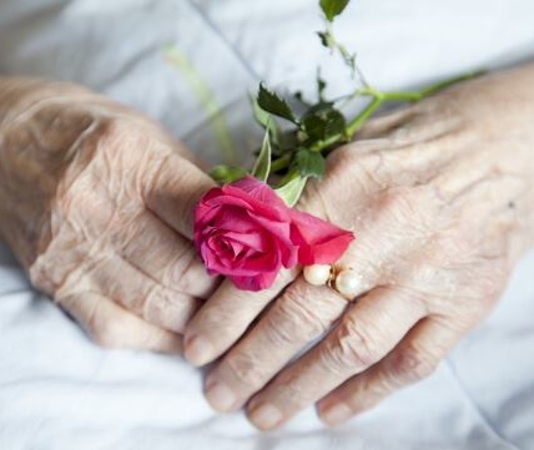Are you a member of the Sandwich Generation?
According to the Pew Research Center, the percentage of adults between ages 40 to 59 who are “sandwiched” between caring for their own children and elder parents is growing. In 2005 45% of adults in this age bracket found themselves in the middle of these generations and by 2012 it was 47%--nearly 50% of adults.
The sandwiching comes from pressure on both sides—a need for financial or physical support. The Pew Research Center Survey showed that as of 2012, 48% of middle aged parents were providing some or primary support for a child over 18 years of age and 21% had provided financial support for a parent over the age of 65 in the past year (a slight increase from 2005).
There is an overwhelming sense of family responsibility when an elderly parent needs financial support or help with day to day living. This survey showed 75% of respondents felt they had an obligation to provide financial assistance to an elderly parent in need and 52% felt the same way about providing the same to a grown child.
It’s worth noting that researchers stated half of adults age 60 or older with a living parent stated that their parent needs help with day-to-day living. This includes emotional support, not just financial support.
Takes One to Know One
The term “sandwich generation” was coined in 1981; then Carol Abaya, a family caregiver and journalist, trademarked the term and started the Sandwich Generation Magazine to give advice to people like her. Although the sandwich generation at one time referred primarily to the Baby Boom generation, it doesn’t only refer to a single generation.
“In my case, I had my parents and I had raised my two nieces,” said Ms. Abaya, who still has a website devoted to this topic. “Then my nieces each got married and had babies, but one of them needed to be on bedrest.” Ms. Abaya went from covering world conflicts to taking over her mother’s real estate business and driving to care for her niece all at the same time.
However, Ms. Abaya quickly saw she could not do it all herself. “This is the dilemma,” she said. “People feel they should have to do it all themselves and that’s the worst thing a caregiver can do.”
She got live-in help for her parents that lasted for six years. “I was still the overseer and had a lot to do,” she said. “For some reasons, the sandwich generationers fear that they have to do everything for their parents and shouldn’t ask for help—I have found that to be very prevalent.”
What Kind of Sandwich Are You?
Ms. Abaya went on to define different kinds of “sandwiches” or people that find themselves squeezed between care needs:
Traditional: This is what we all think of when we hear the term, “sandwich generation.” It refers to middle aged people who are between aging parents in need of some support and their own children who need support.
Club: Think of an extra generation of family that also needs some care—maybe grandchildren of your own—as well as the aging parents and grown children, and you get the idea of the club sandwich.
Open faced: This can refer to someone who does not have children of their own to care for, but does have elderly parents who require their support. These people have other responsibilities—primary relationships, work, etc.—that they need to tend to in addition to helping their parents.
No matter what type of sandwich you are, Ms. Abaya has some pearls of wisdom to help you maintain life balance and be prepared:
- Sit down and make a list of all the things your aging parent can do for themselves, all the things they may need help with, and all the things they can’t do at all. Next, make a list of all the family members in the area and community resources and start matching them up.
- Bring your children into the care process with your elder parent. If your kids are teenagers, they can go over and do small household chores like taking out the garbage. Maybe they can just watch TV with Grandpa or play some board games. Your children need your love too, not just your elder parents.
- Legal documents should be taken care of yesterday rather than tomorrow.
Ultimately, Ms. Abaya advises that people not wait until there is a crisis before taking action. “The meat of the sandwich is the caregiver that holds everything together,” she said.





